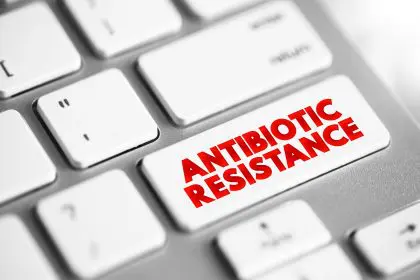Behind the fragrant smoke and social atmosphere of hookah lounges lies a growing public health concern that medical experts increasingly warn about. As hookah bars multiply across urban centers and college towns, researchers highlight the significant health risks that many users overlook, creating a dangerous misconception about this form of tobacco consumption.
Understanding hookah smoking intensity
When comparing hookah smoking to traditional cigarettes, medical research reveals a startling difference in smoke exposure. During a typical hour-long hookah session, users inhale substantially more smoke volume than from a single cigarette. This extended exposure time significantly increases the concentration of harmful substances entering the respiratory system.
The deceptive water filtration myth
Many hookah smokers believe the water filtration process makes the smoke safer to inhale. However, research demonstrates that hookah smoke retains high levels of toxic compounds even after passing through water. These include carbon monoxide, heavy metals, and various carcinogenic substances that pose serious health risks to users.
The spread of infectious diseases
The social nature of hookah smoking, particularly the common practice of sharing mouthpieces, creates an ideal environment for transmitting infectious diseases. Medical professionals have documented cases of oral herpes and other infections spreading through shared hookah use, highlighting the importance of understanding these transmission risks.
Cancer risk factors
Medical studies consistently show that hookah smoking significantly increases the risk of various cancers. The prolonged exposure to tobacco and intense heat affects multiple body systems, potentially leading to oral, lung, stomach, and esophageal cancers. The combination of tobacco and charcoal creates particularly harmful conditions for cell damage.
Cardiovascular implications
The impact of hookah smoking on heart health deserves special attention. Research indicates that the toxic substances in hookah smoke can lead to arterial clogging and various cardiovascular diseases. The high levels of carbon monoxide produced during sessions particularly concern cardiologists monitoring heart health in regular users.
Oral health considerations
Dental professionals express particular concern about the effects of hookah smoking on oral health. The extended exposure to tobacco juices during typical sessions creates prolonged irritation of oral tissues. This persistent irritation potentially increases the risk of developing oral cancers at rates exceeding those seen in other forms of tobacco use.
Pregnancy and reproductive health
Research focusing on maternal health has revealed concerning connections between hookah use and pregnancy outcomes. Studies document lower birth weights among babies born to regular hookah smokers, along with increased risks of respiratory diseases in newborns. These findings highlight the importance of understanding hookah’s impact on reproductive health.
The threat of secondhand smoke
The environmental impact of hookah smoking extends beyond direct users to affect others in the vicinity. Secondhand smoke from hookah sessions contains not only tobacco smoke but also emissions from the charcoal heat source, creating a double exposure risk for non-smokers in shared spaces.
Impact on respiratory function
Medical professionals observe significant decreases in lung function among regular hookah users. The combination of heated tobacco and charcoal creates respiratory irritants that can lead to both immediate and long-term breathing difficulties, affecting overall respiratory health.
Fertility concerns
Research indicates that regular hookah use may impact fertility in both men and women. The toxic substances inhaled during sessions can affect reproductive health, potentially leading to decreased fertility rates among regular users.
Long-term health implications
Understanding the cumulative effects of hookah smoking proves crucial for public health awareness. Regular exposure to the combination of tobacco and charcoal emissions can lead to chronic health conditions affecting multiple body systems over time.
Social factors and addiction risks
The social nature of hookah smoking often masks its addictive potential. The pleasant environment and flavored tobacco can lead to regular use patterns that develop into nicotine dependency, creating challenges for users attempting to quit.
Public health considerations
Healthcare providers emphasize the importance of understanding hookah risks at a community level. The increasing popularity of hookah bars near college campuses and in urban areas creates public health challenges requiring targeted education and intervention strategies.
Prevention and education
Medical experts stress the importance of accurate information about hookah risks, particularly targeting young adults who might view it as a safer alternative to cigarettes. Understanding these risks helps individuals make informed decisions about their health.
This comprehensive examination of hookah smoking risks highlights the importance of understanding its full health impact. As research continues to reveal more about these dangers, healthcare providers work to educate the public about making informed decisions regarding hookah use and its potential consequences for personal and public health.















